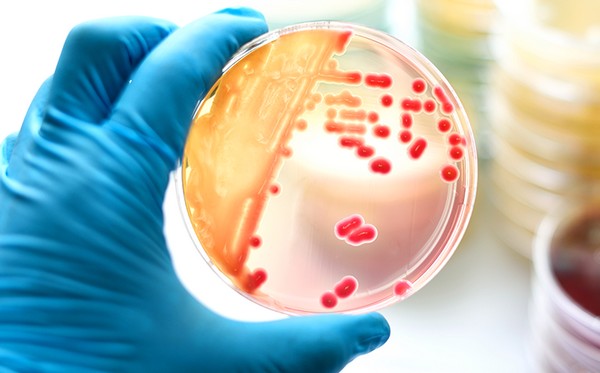Living a safe and healthy life should be one of the top priorities for you and your family. One of the best ways to ensure this for your family is by living in a clean home. While you may feel confident in your ability to keep your place clean, there are some invisible problem areas in your house in which bacteria can grow. You might not think about some of these areas, which could get out of control if not properly attended to. The growth of bacteria in one area could end up infecting other areas, and in today’s health-conscious environment, stopping this from happening is critical. Here are five ways you can prevent the spread of bacteria in your home.

Filtering Your Tap Water
Did you know that tap water varies from each state in the United States? Some tap water is naturally less clean in some states than in others. Regardless of where you live, filtered water is always preferable. In your location, your taps could have hard water, which refers to tap water that is naturally overloaded with chemicals and minerals that can be harmful to your plumbing and body. Some places have chromium 6 in tap water too. A water softener system will not only filter out these harmful materials but will also prevent the spread of bacteria in your water. If your water is not filtered, then bacteria could spread from your plumbing to other locations of your house, which could inhibit unwanted germs populating your living space.
Keeping Your Spaces Dry
On the subject of water, be cautious about wet areas in your home, namely rooms with running water like your kitchen and bathrooms. Bacteria grows in moist areas, so when using water on a surface, make sure to dry it afterward and keep it free from moisture as possible to prevent the growth of bacteria and mold. Keeping your countertops, bathtubs, clothes, walls, and floors — both tile and carpets — dry can prevent the multiplication of germs in your home.
Cleaning High-Traffic Areas
The high-traffic areas and objects in your home include things that often get touched by members of your household. For objects, these include countertops, doorknobs, phones, computer keyboards, and handles, and for areas, they are the places in which your family spends ample time all day. If you use an object so often, you might forget about cleaning it, so make sure you frequently keep these areas and objects clean to prevent the spread of bacteria.
Taking Care With Food
Food, both fresh and leftovers, can spread bacteria if not properly cooked, handled, and stored. When preparing food, make sure you cook it thoroughly to kill bacteria. After handling raw meat, always thoroughly wash your hands and clean any surfaces that the meat touches, as the bacteria it could spread is highly dangerous. When storing leftovers, ensure that they are properly sealed and refrigerated as well. Food that is not properly taken care of can be the cause of bad bacterial growth, and not taking proper care when cooking can lead to you spreading germs all over the house.
Keeping a Regular Cleaning Schedule
The rate in which you need to clean varies depending on the number of people in your household, as well as the size of your home. However, regardless of this, you should always maintain a regular cleaning schedule. Use your best judgment on how often, but always regularly vacuum the floors, clean surfaces and objects that get serious use, and wash your hands. Less regularly, you should also incorporate some heavy disinfectant on the carpets, bathroom walls, and surfaces.
Preventing Bacteria
Make sure you are aware of the objects and surfaces in your home that you do not often think about. These can be hidden bacteria traps and could become problem areas if not attended to. By keeping a regular cleaning schedule, your home will be a safe place for you and your family.
